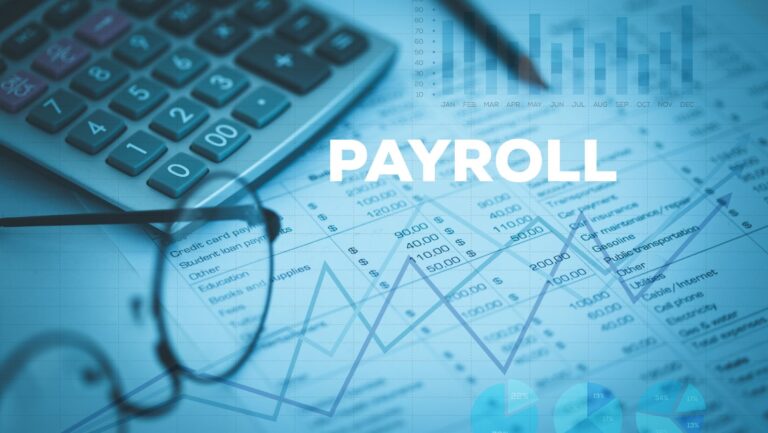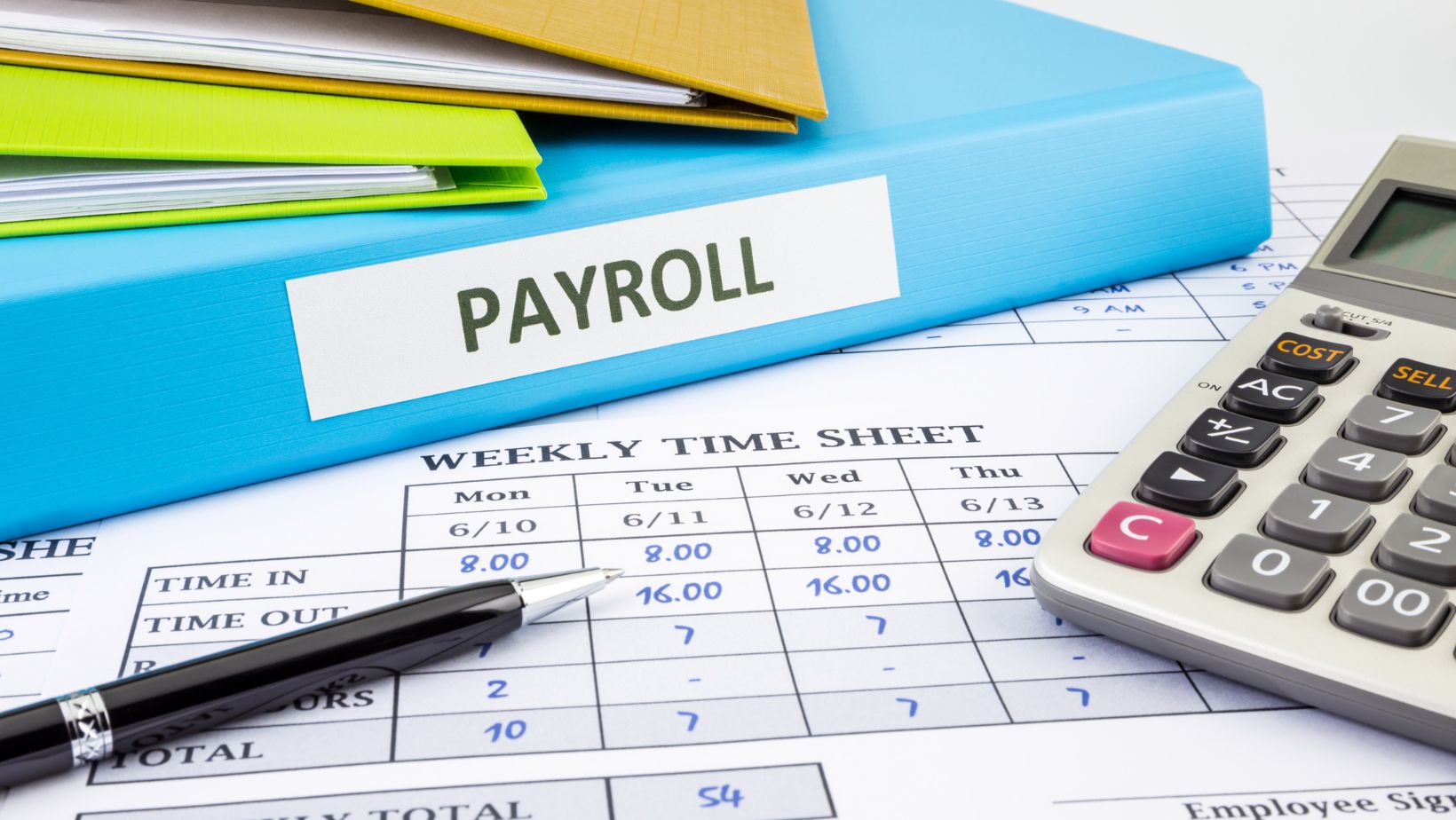Everybody wishes to leave their family with something. This is where estate planning comes in; its whole purpose is to ensure that your legacy is precisely what you planned.
Consider estate planning as a guide for allocating and managing your assets after you pass. This step ensures your wealth goes to those you believe deserve it, bringing peace of mind to you and your loved ones. Planning, though, might not be as easy as it sounds.
Throughout this blog, you’ll delve into common pitfalls that many encounter in the estate planning process. By understanding these challenges and learning how to overcome them, you’ll have better leverage to create a solid estate plan that reflects your wishes and protects your legacy.
5 Common Pitfalls of Estate Planning
Recognize and avoid these stumbling blocks to secure your wealth and ensure your legacy unfolds just as you envision. Uncover these pitfalls and get around the complexities of estate planning with confidence.
Missing proper documentation
One of the most significant hiccups in estate planning is not having the proper paperwork in place. Your will and trust both ensure your wishes are carried out just as you want. Without these documents, your assets might end up following state laws instead of your heartfelt intentions.
These documents tell everyone who gets what. A trust adds an extra layer of protection, making sure that whoever executes your will does it just right. Skipping these docs can cause confusion and disagreements later. It is better to settle it now than deal with conflicts afterward.
To dodge this pitfall, select a financial advisor to sort and update your paperwork regularly. That way, your legacy stays true to your vision, giving you peace of mind and clear direction for your loved ones.
Failing to update beneficiaries
Failing to update beneficiaries on accounts like life insurance policies, retirement funds, and bank accounts is like leaving your GPS stuck on an old route—it can lead to some unexpected detours!
Life-changing events such as marriages, divorces, births, and deaths can influence your preferences for asset distribution. Therefore, it’s essential to review and revise your beneficiaries regularly. Updating beneficiary designations guarantees that your assets go to the right individuals as intended.
If you forget to update your beneficiaries, your assets might end up in the hands of unintended individuals. Just imagine a distant cousin getting your retirement savings instead of your children!
Make reviewing your beneficiary list a habit to stay on top. It’s a small step that can prevent big headaches down the road and ensure your assets go where you genuinely want them to.
Not considering tax implications
Knowing how taxes will affect your actions will help you keep more of your hard-earned money. First, remember about capital gains, estate, and gift taxes. If your estate is not managed correctly, these could erode away money.
While estate taxes cover the whole amount of your estate after your death, gift taxes occur when you make significant contributions while you are still alive. Conversely, capital gains taxes apply to depreciating assets such as stocks and real estate.
Consider strategic estate planning strategies to minimize tax liabilities. For instance, gradually gifting assets over time can help avoid hefty gift taxes. Setting up trusts can also offer tax benefits and control over asset distribution. Additionally, staying informed about tax laws and working with financial advisors can help you make tax-efficient decisions.
Ignoring digital assets
When organizing your estate, don’t overlook your digital assets! Your internet, social media, and cryptocurrency accounts are just as valuable as your tangible possessions. Leaving them out could cause your loved ones to get confused or perhaps lose someone.

By taking these steps, you can ensure that everything about you, including your online appearance, is protected and managed according to your wishes.
Overlooking healthcare directives
Few are ready for death—not really. But you can always prepare for the worst by making sure your loved ones do not have to worry about making decisions for your health. Extended hospital stays can be exhausting, especially when making big decisions involving someone else’s life.
You can alleviate this responsibility by creating advanced instructions like a healthcare power of attorney and living will. These documents clarify your healthcare preferences and appoint a trustworthy representative to make decisions if you can’t.
Imagine if, in an emergency, your loved ones couldn’t agree on the medical procedures you would want or were unsure about what you would desire. Having healthcare directives minimizes stress and disputes at trying times by ensuring that everyone is aware of your preferences.
Secure Your Legacy with Smart Estate Planning
Effective estate planning isn’t just about managing assets—it’s about preserving your legacy and ensuring your wishes are honored. By addressing common pitfalls like lack of documentation, beneficiary updates, tax considerations, digital assets, and healthcare directives, you protect what matters most.
Proactive steps, ongoing review, and professional guidance are crucial to creating a clear legacy plan for your loved ones.
The information contained herein should in no way be construed or interpreted as a solicitation to sell or offer to sell advisory services to any residents of any State other than the State of Utah or where otherwise legally permitted. All content is for information purposes only. It is not intended to provide any tax or legal advice or provide the basis for any financial decisions. Nor is it intended to be a projection of current or future performance or indication of future results. Moreover, this material has been derived from sources believed to be reliable but is not guaranteed as to accuracy and completeness and does not purport to be a complete analysis of the materials discussed. Purchases are subject to suitability. This requires a review of an investor’s objective, risk tolerance, and time horizons. Investing always involves risk and possible loss of capital.
Author Bio

Nick Carrigan trains and develops families in creating, maintaining, and growing wealth. This includes educating clients on the science and academics of investing, comprehensive financial planning, and ongoing coaching to ensure discipline for a lifetime. Nick has seen this create incredible levels of freedom, fulfillment, and love for the families he works with.













 A positive ROI indicates that the investment will pay off over time.
A positive ROI indicates that the investment will pay off over time.

 When checking your stub, look for errors in the hours worked for the pay period, your pay rate, or overtime calculations. It’s crucial to review your payment documents carefully to find any incongruencies so you can take quick action to correct any errors.
When checking your stub, look for errors in the hours worked for the pay period, your pay rate, or overtime calculations. It’s crucial to review your payment documents carefully to find any incongruencies so you can take quick action to correct any errors.

 This real-time collaboration helps speed up the development process. Rather than waiting for feedback or revisions to be sent back and forth through email, you can work directly with your artist to make adjustments on the fly. The result? Faster turnaround times and a more efficient workflow.
This real-time collaboration helps speed up the development process. Rather than waiting for feedback or revisions to be sent back and forth through email, you can work directly with your artist to make adjustments on the fly. The result? Faster turnaround times and a more efficient workflow.


